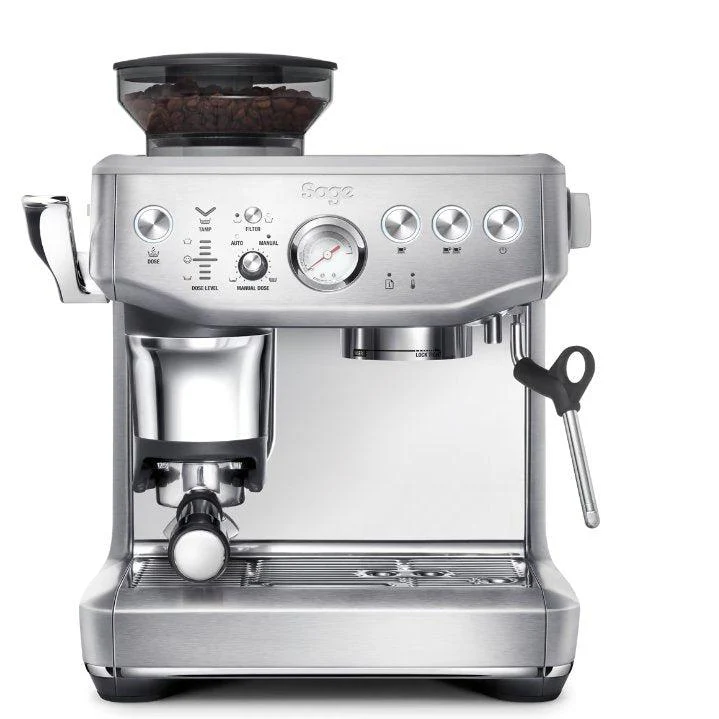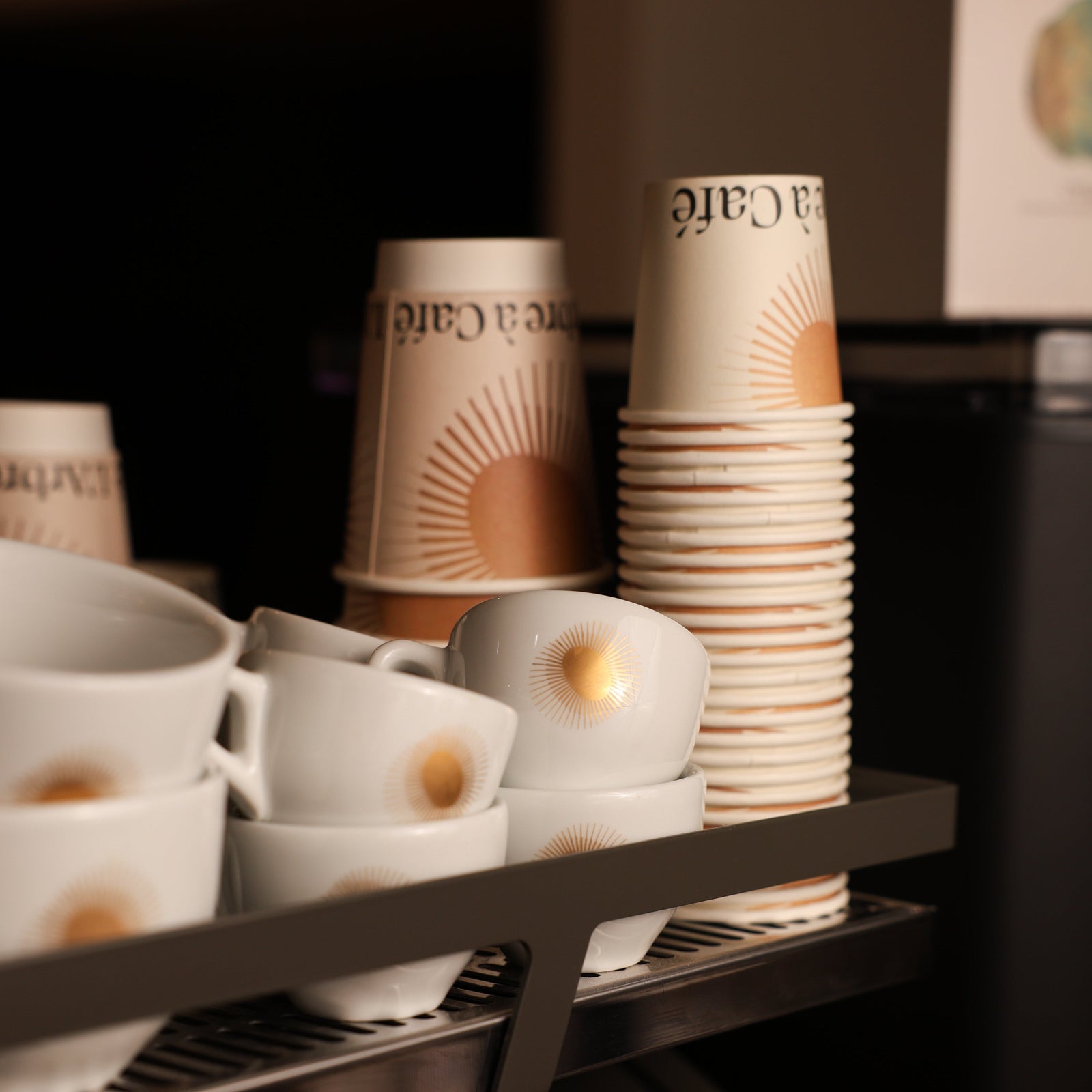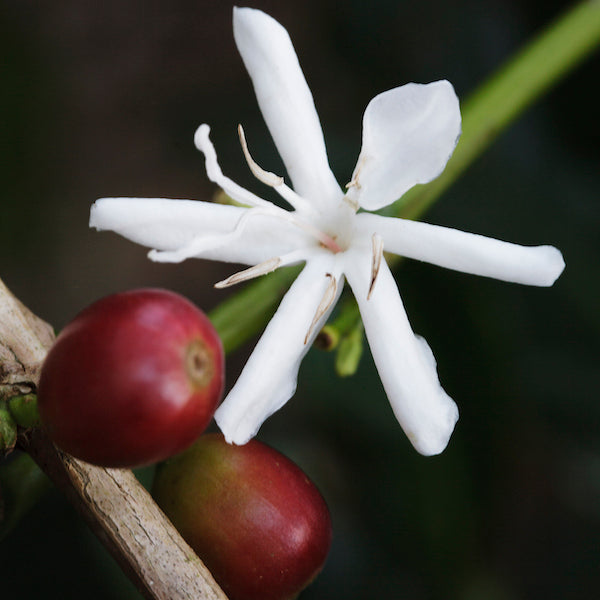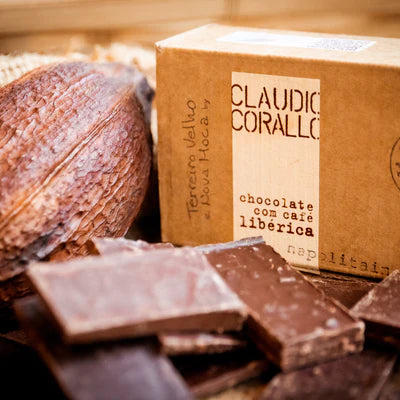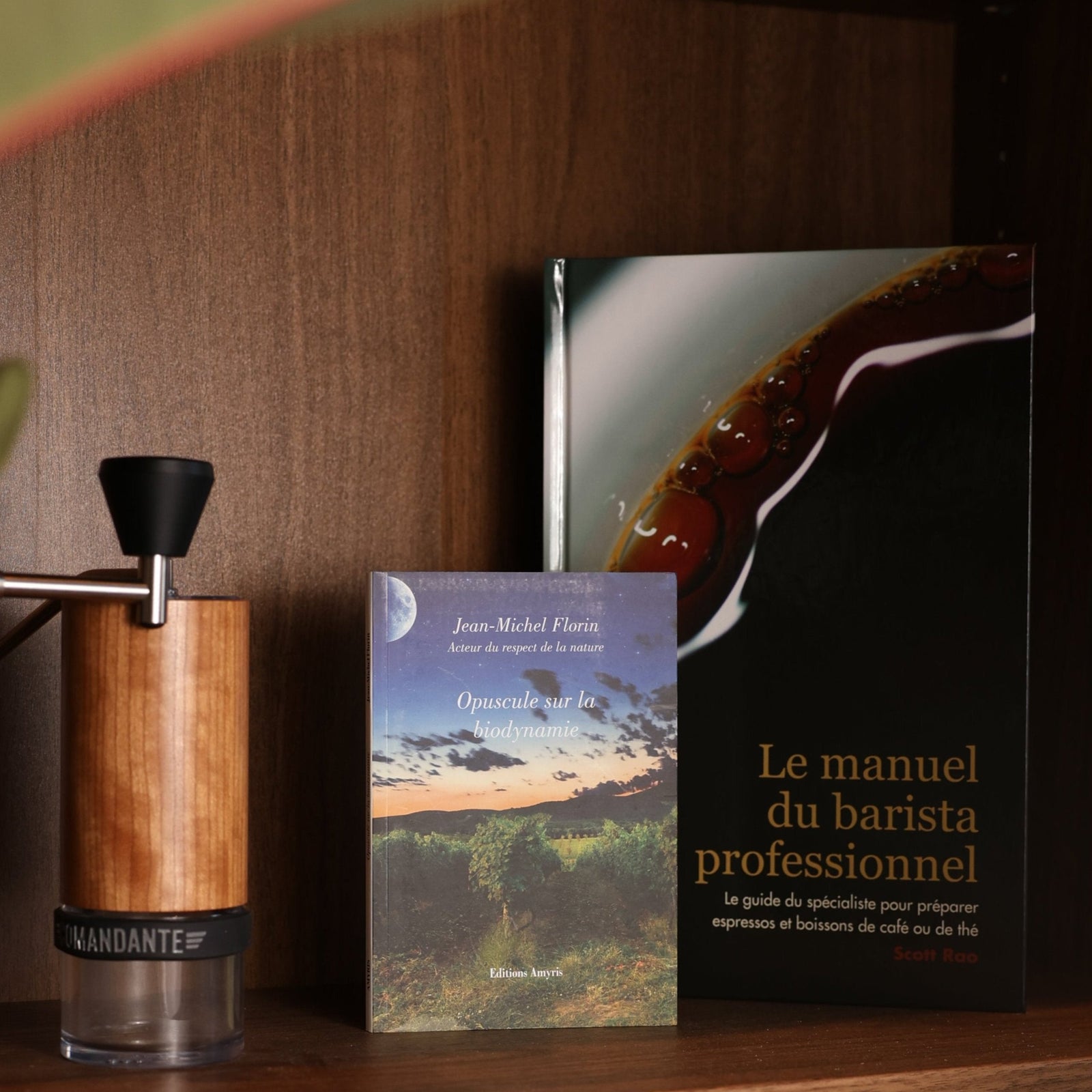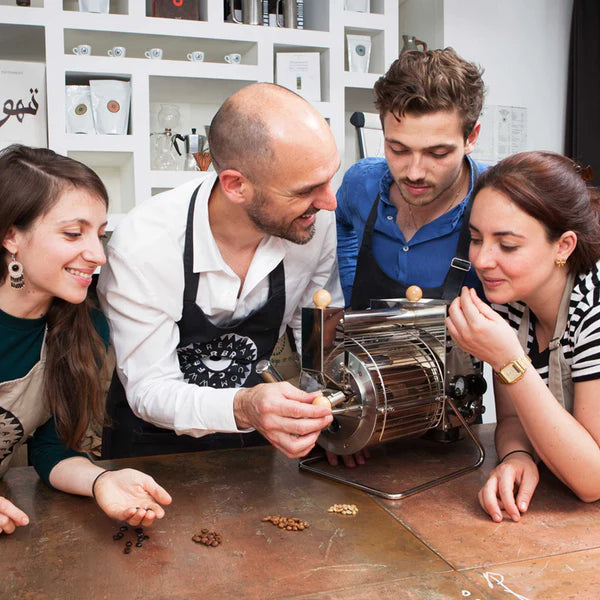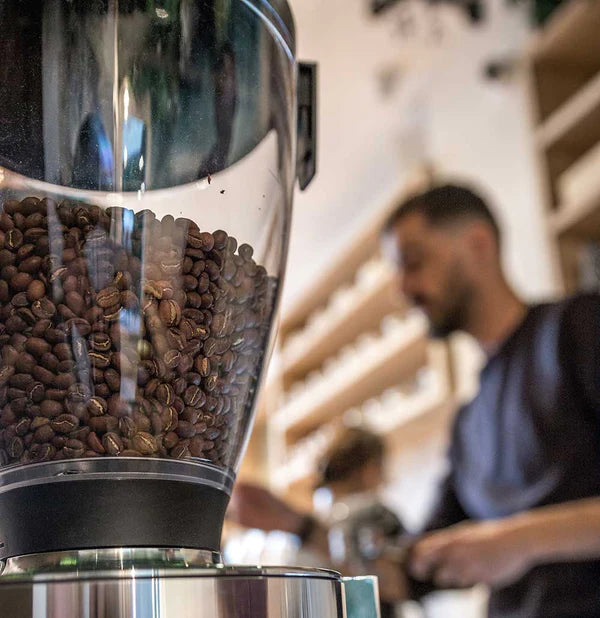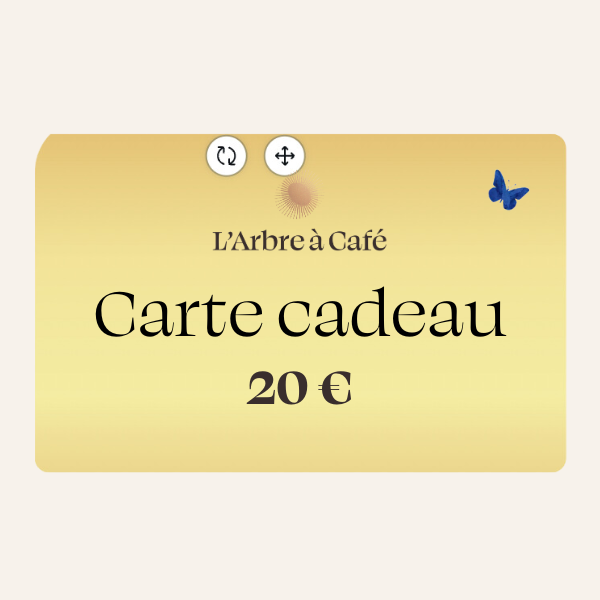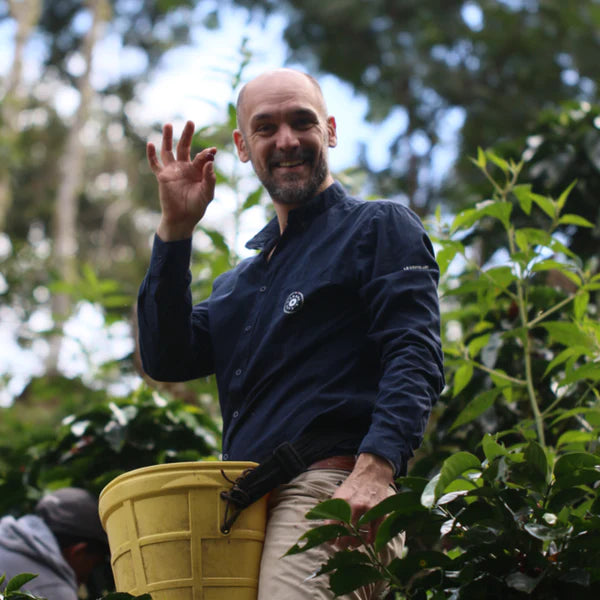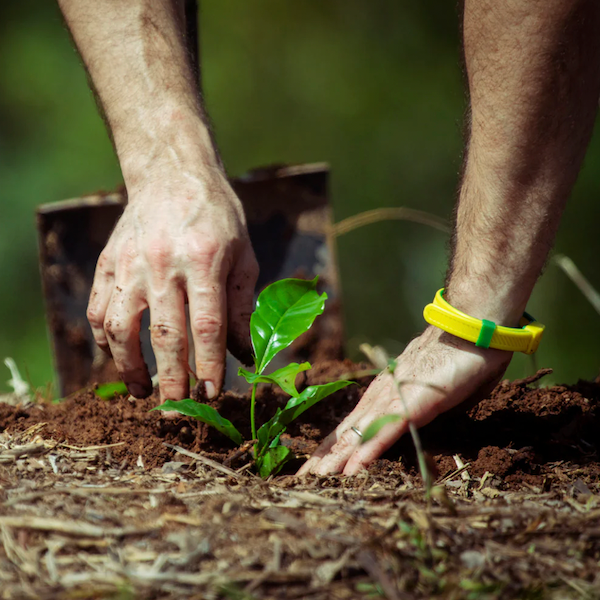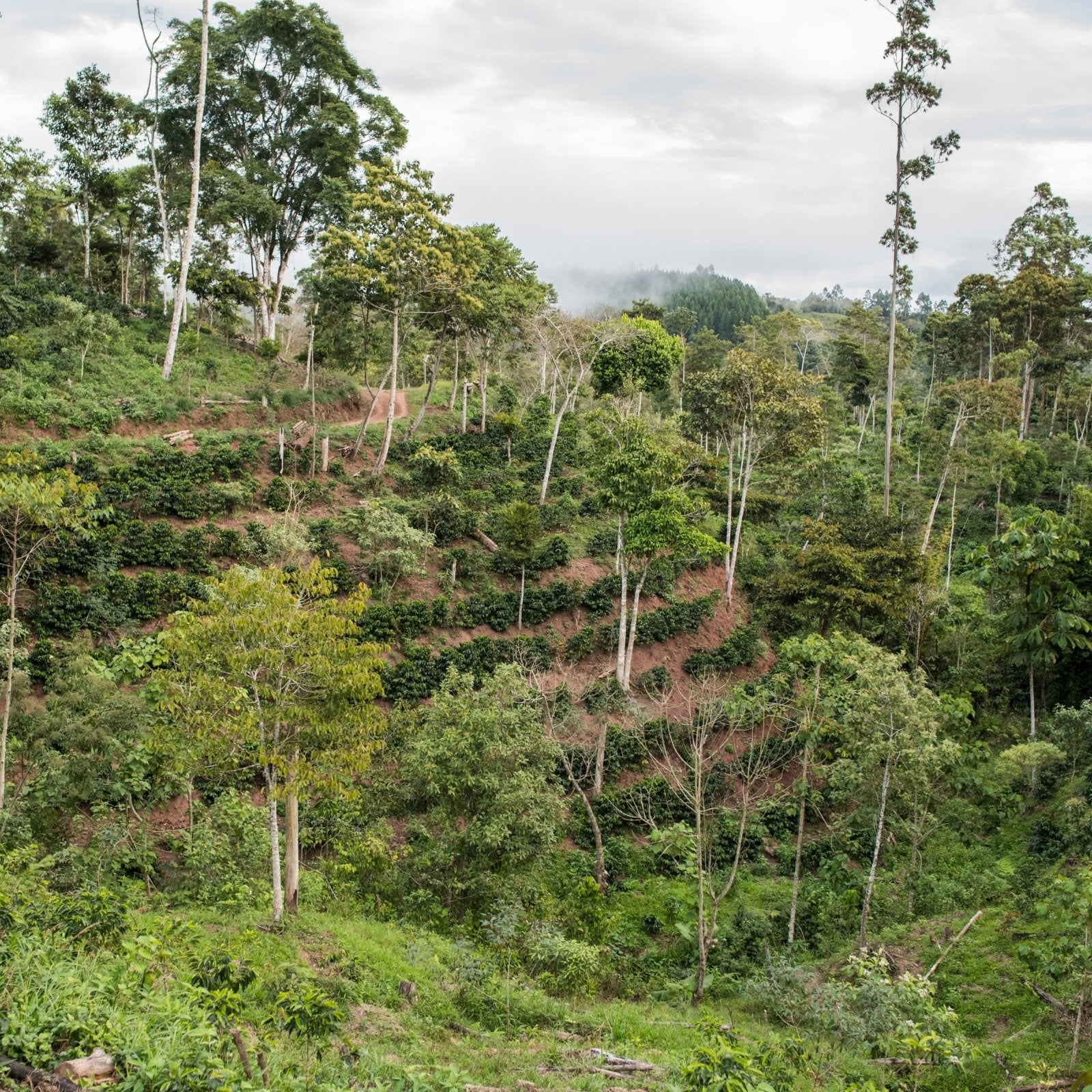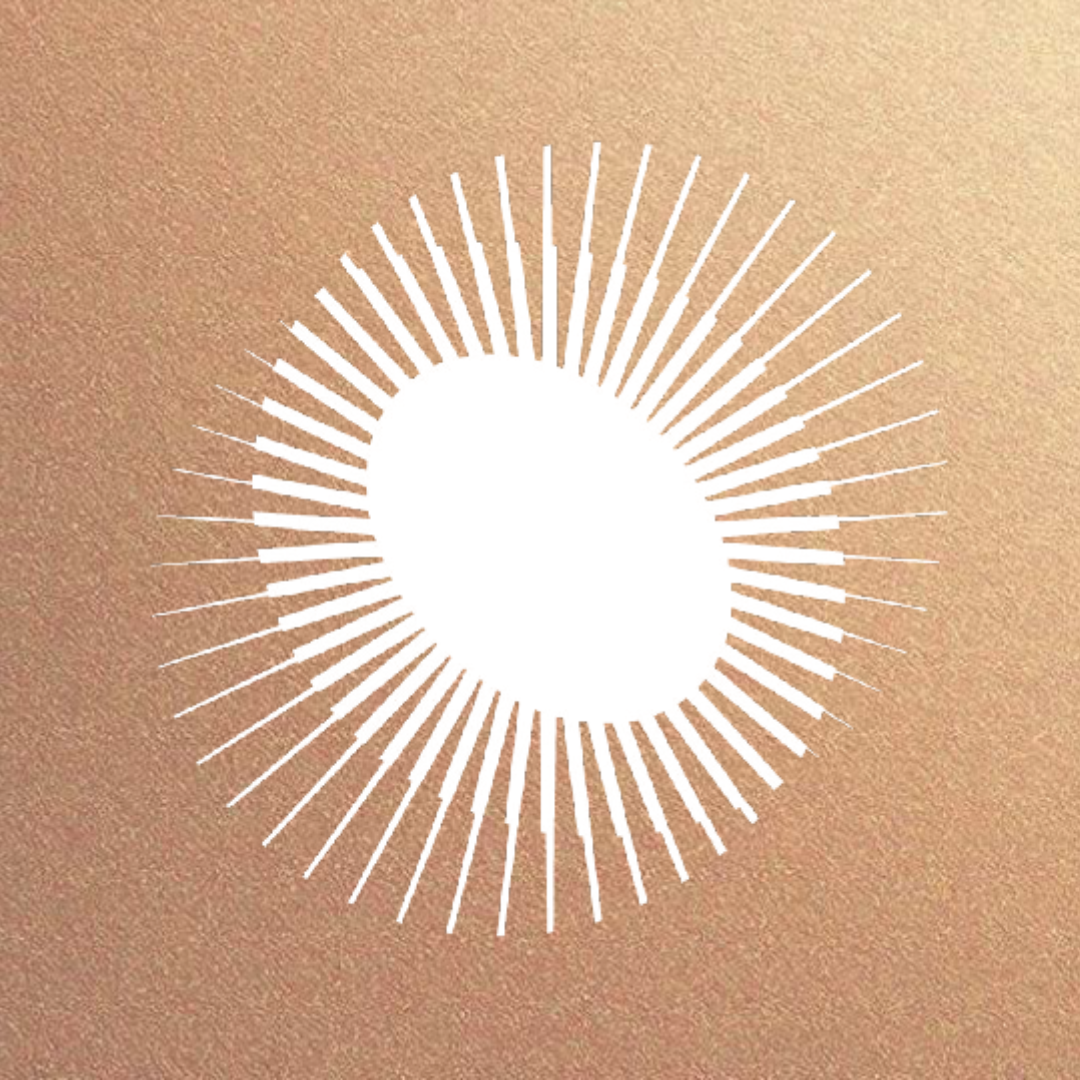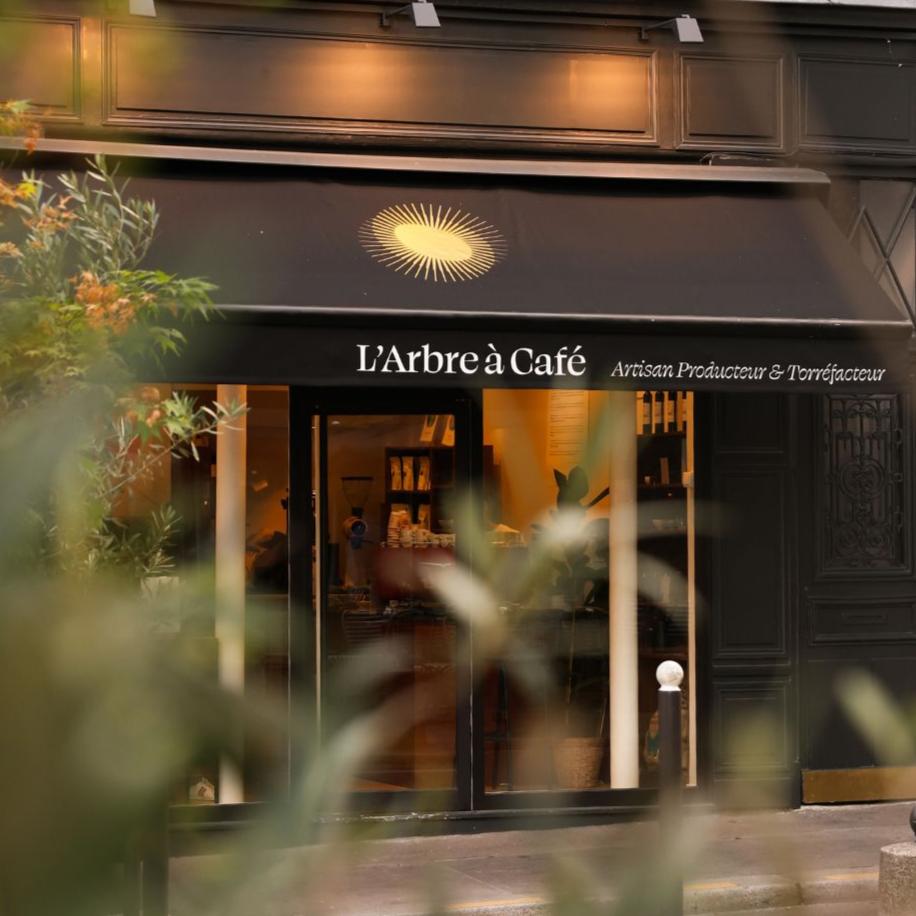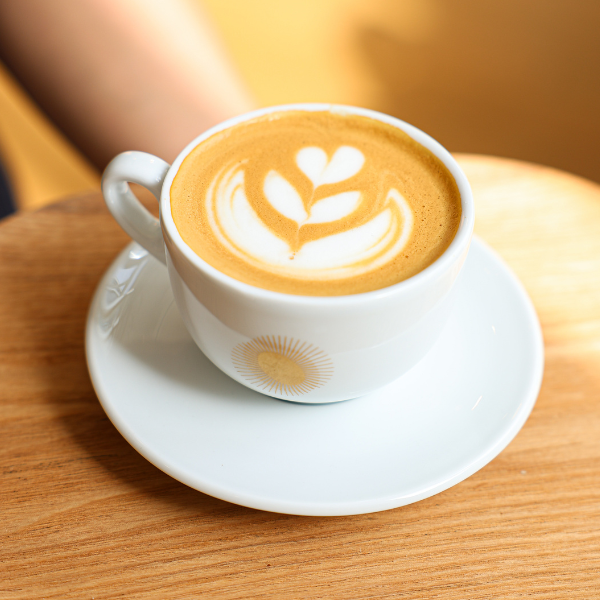What are the characteristics of a decaffeinated coffee?
A decaffeinated coffee is born when caffeine is extracted from green coffee beans. Often, and wrongly, it is thought that it loses all its flavor and aromatic qualities when the caffeine is extracted. But the decaffeination process, when carried out with water, preserves the aromatic richness of the decaffeinated coffee beans.
There are several processes to remove caffeine, however they all work on green (unroasted) coffee. However, it is important to note that decaffeinated coffee never loses all of its caffeine content, the decaffeination processes can remove up to 97% of the caffeine from the beans, so a small dose remains.
Good to know: the caffeine removed during this process is used by pharmacies to relieve certain pains, such as a migraine.
does organic decaffeinated coffee exist?
L'Arbre à Café's decaffeinated coffee beans come from organic agriculture and are decaffeinated without solvents. They are therefore labeled Organic Agriculture. A coffee coming from a pesticide agriculture cannot claim to be AB even if its decaffeination process is done in a natural way.
Does a decaffeinated coffee retain the aromas of a coffee?
Many people still think that decaf loses all its flavor and taste when the caffeine is extracted. It is true that a coffee bean decaffeinated by a chemical process will lose all its flavor.
And if you drank a tasteless, flavorless decaf, it was most likely chemically decaffeinated coffee.
However, the water decaffeination technique, like the one used at L'Arbre à Café, preserves the taste of specialty coffee, to the delight of coffee lovers who can now enjoy a cup without any effects.
Decaf is a traditional, caffeine-free coffee that can be drunk at any time of the day.
A good alternative to reduce caffeine consumption!
Learn more about caffeine in coffee.
Which grind to choose for your decaffeinated coffee?
As for a traditional coffee, different grinds are available to consume its decaf:
- - If you have a grinder, the best choice of grind to prepare a decaffeinated coffee is the bean, especially for the conservation of its aromas which will be much longer.
Our selection of coffee beans
- - If your preparation habits are the filter, Italian or piston coffee maker and you do not have a coffee grinder, you can opt for beans already ground by us, as an espresso grind.
Our selection of ground coffees
At L'Arbre à Café, we offer our coffees in airtight bags to preserve the taste quality of the decaffeinated coffee, regardless of the grind.
Our practical guide on how to make a good grind.

